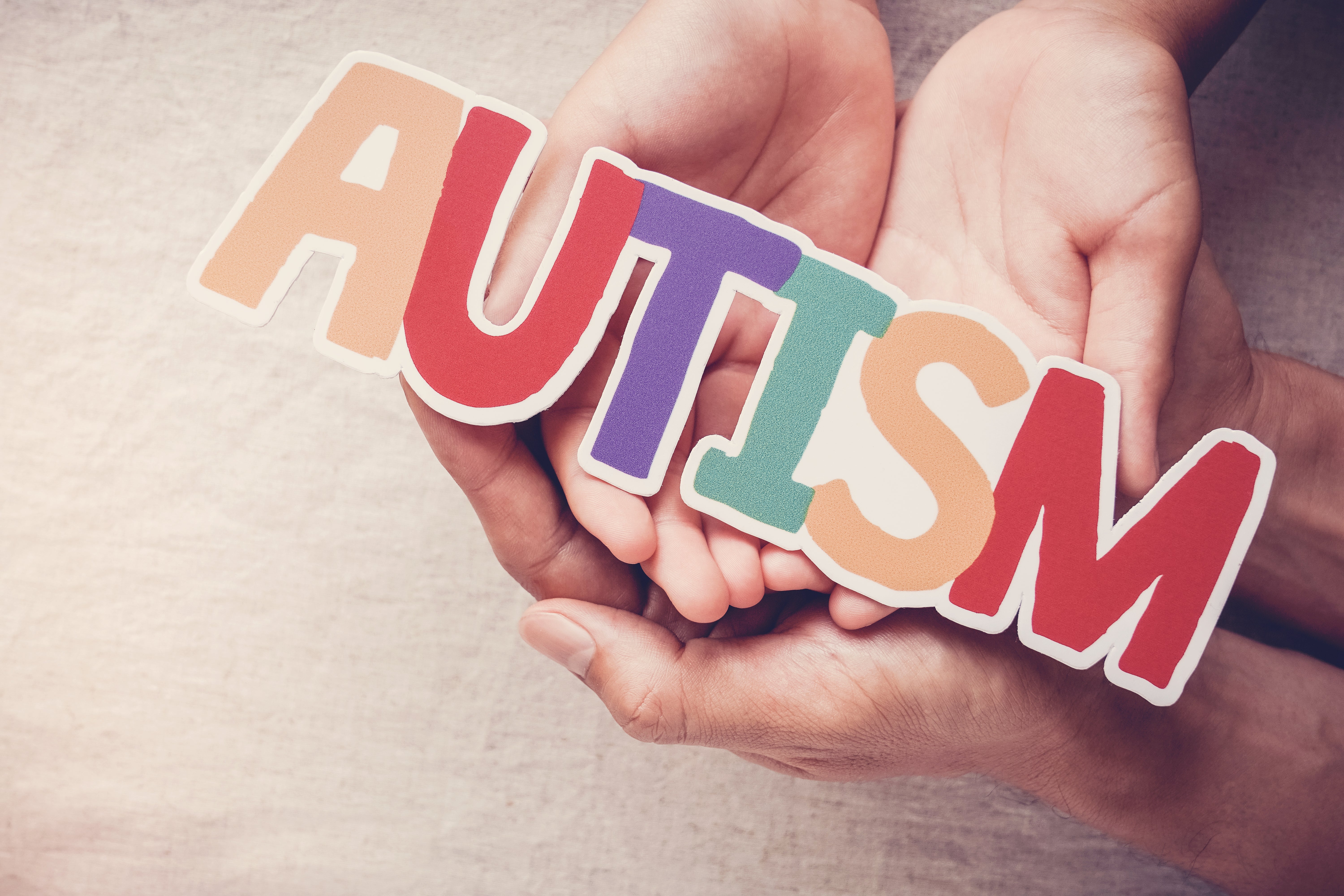Bosses urged to end ‘discrimination’ against autistic workers
The UK’s leading expert on the condition said it was shocking nearly nine in 10 autistic people are unemployed

Your support helps us to tell the story
From reproductive rights to climate change to Big Tech, The Independent is on the ground when the story is developing. Whether it's investigating the financials of Elon Musk's pro-Trump PAC or producing our latest documentary, 'The A Word', which shines a light on the American women fighting for reproductive rights, we know how important it is to parse out the facts from the messaging.
At such a critical moment in US history, we need reporters on the ground. Your donation allows us to keep sending journalists to speak to both sides of the story.
The Independent is trusted by Americans across the entire political spectrum. And unlike many other quality news outlets, we choose not to lock Americans out of our reporting and analysis with paywalls. We believe quality journalism should be available to everyone, paid for by those who can afford it.
Your support makes all the difference.Britain’s leading expert on autism has urged bosses to end the “discrimination” against talented people with the condition that condemns them to the dole queue.
Speaking on World Autism Day, Sir Simon Baron-Cohen said it was “shocking” that nearly nine in 10 autistic people are unemployed.
This was despite many having the unique skills needed to become scientists, technicians and engineers. They were an “extraordinary resource” that is being wasted because too few companies made them feel “welcome.”
Autistic people were particularly adept at “pattern recognition” – one of the key characteristics of successful inventors, Sir Simon said on the “Desperately Seeking Wisdom” podcast.
Sir Simon, 64, director of Cambridge University’s Autism Research Centre, said: “Autistic people are not defined by their disability - they are simply different and their brains are wired differently.”
Job adverts should make it clear that they were actively encouraged to apply – instead of putting them off.
“If we are serious about treating people equally we should be offering opportunities to work, irrespective of whether people are autistic.
“I want to encourage employers to reach out to them and make job adverts welcoming to neurodivergent people, encouraging them to apply, because there has been some discrimination, perhaps inadvertent, to this group.
“Unemployment affects people’s independence, autonomy and mental health and makes them feel excluded from society,” Sir Simon told interviewer Sir Craig Oliver, former prime minister David Cameron’s No 10 director of communications.
“The shocking statistic that the National Autistic Society have produced is that 85 per cent of autistic adults are unemployed.”
Sir Simon said the number of autistic people who applied for jobs would increase if employers also made “reasonable adjustments to the workplace” to make them feel at home and get the best out of them.
He has said his interest in autism stemmed from his sister, Suzie, who had serious learning disabilities and who died in 2014.
Sir Simon is the cousin of comedian and actor Sacha Baron-Cohen who played Ali G in the 2002 film Ali G Inda House.
He said some autistic people “struggle with empathy” through a difficulty in “reading people’s faces.”
But it was a myth that they were not able to address this issue.
“As soon as it is pointed out to them, they have the appropriate response. They want to do something about it and alleviate that person’s pain or distress.”



Join our commenting forum
Join thought-provoking conversations, follow other Independent readers and see their replies
Comments